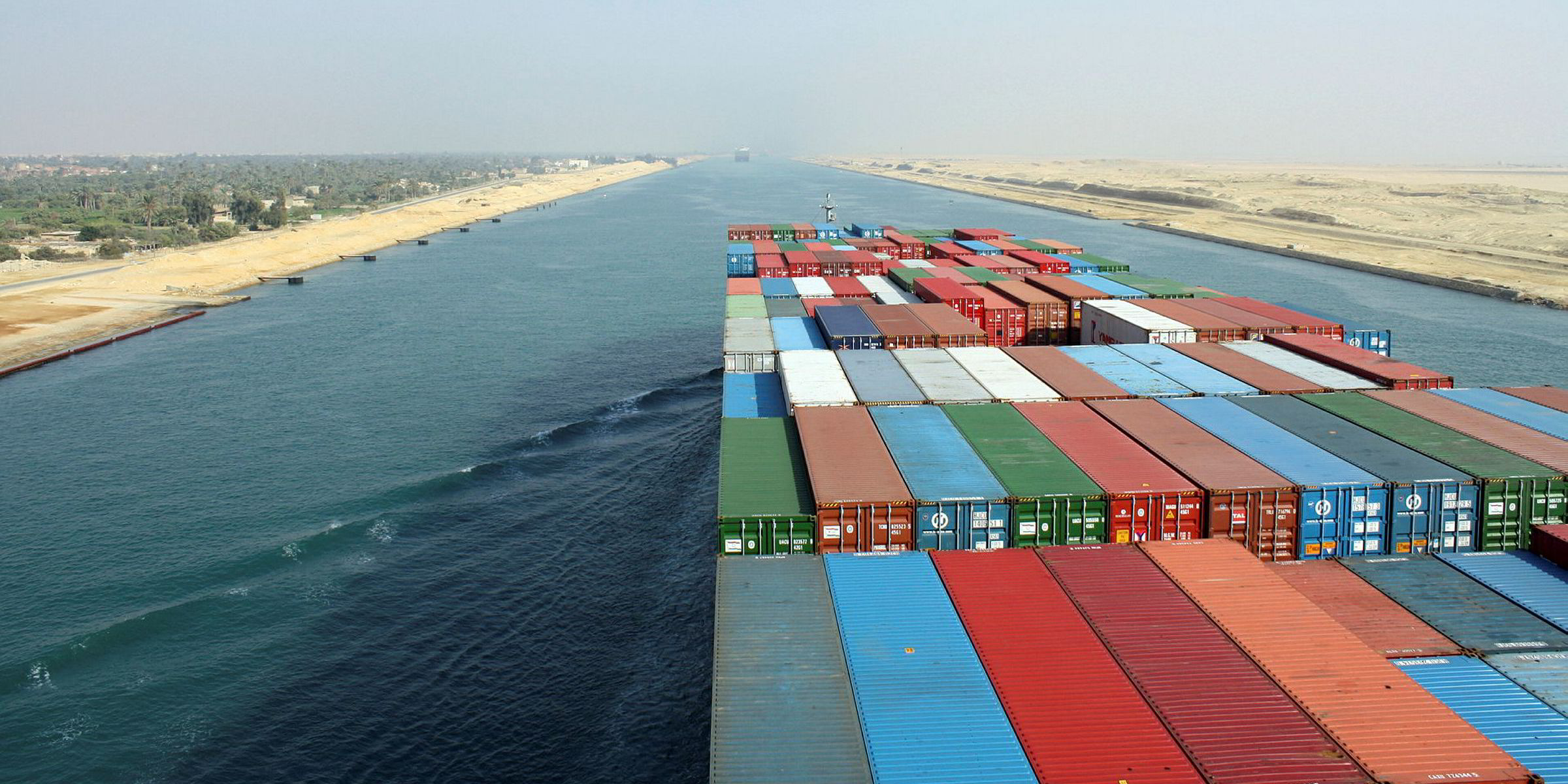Costs will skyrocket as westbound voyages are paused or diverted
Asia-North Europe freight rates are predicted to soar.
This is due to the impact of some westbound voyages being paused and others being diverted around Africa to avoid increasing attacks by Yemen-based Houthi rebels on merchant shipping approaching the Suez Canal.
The escalating security crisis in the Red Sea region has led some ocean carriers to re-route ships from Asia to Europe via the Cape of Good Hope, avoiding the canal, which will add at least another 10 days to voyage times.
Moreover, carriers that have instructed their ships to pause voyages until further notice, anticipating an international US-led task force restoring a safe approach to the waterway, could ultimately see transit times for these vessels extended even further.
And the impact on supply chains will be compounded by the bunching of ships at ports, landside congestion and shortages of equipment, reminiscent of the March 21 grounding of the Ever Given, blocking the Suez Canal for six days.
Several weeks, if not months, of supply chain disruption look likely, with ships and containers in the wrong places in the build-up to Chinese New Year, which starts on 10 February.
A straw poll of a few shipper contacts this morning showed they were only really certain about one thing: that rates will skyrocket.
“The lines are already pushing up their rates from Asia quite significantly from 1 January, this will just cement those GRIs and more,” said one UK-based shipper.
Otto Schacht, until September EVP of sea logistics at Kuehne + Nagel, has seen it all before and also predicts spot rates “will move up quickly”.
“Let’s not forget what happened two years ago,” said Mr Schacht on social media, “especially equipment shortages; empty containers will become the biggest headache.”
And Grant Liddell, MD of UK-based Metro Shipping, was out of the blocks quickly today, with a summary of the situation for the forwarder’s customers. He said it was too early to determine the impact on international shipping, but freight and insurance costs were “almost certain to rise”.
“We have very limited intelligence from the shipping lines, but as we learn how individual vessels and routes are affected we will advise customers accordingly.”
Indeed, forwarders will need to use their best endeavours and alternative intelligence methods to track the movement of re-routed or delayed vessels from Asia, and hope that the standard of status updates and advisories from carriers has improved.
This especially relates to carrier decisions to omit a destination port and ‘over-carry’ cargo to be relayed later. In some cases in the aftermath of the Ever Given incident, ports and port agents were the last to be advised of an omission, resulting in unnecessary added confusion within the supply chain.
Nevertheless, although there are bound to be delays, North European container hubs are in a better position than in 2021 to cope with vessel bunching and big spikes in volumes across their terminals, as yard utilisation levels are well below what they were back in the spring of that year.

